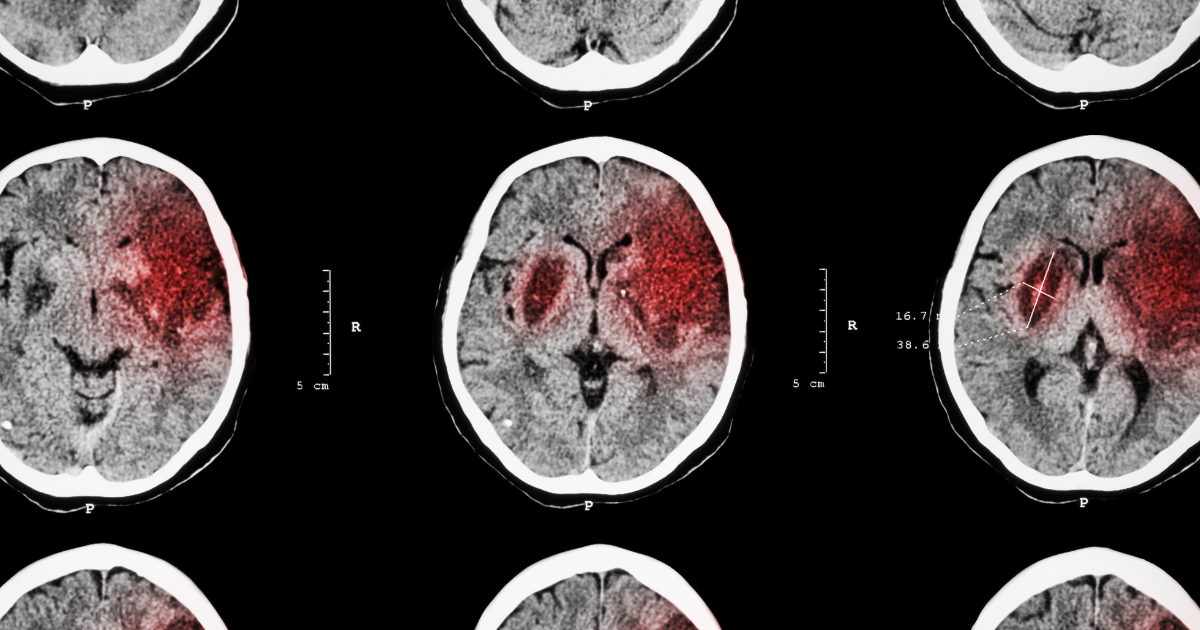Dementia is the broad term used to describe symptoms associated with memory, thinking, and social abilities that are severe enough to affect daily living. Vascular Dementia is a general term used to describe problems associated with reasoning, planning, judgment, memory, and thought processes caused by brain damage from impaired blood flow to the brain.
More than likely, a stroke influenced this damage but it’s not always the case. Reduction in circulation and damage to blood vessels that deprive the brain of oxygen and nutrients can also lead to Vascular Dementia. Diabetes, high blood pressure, high cholesterol, sleep disorders, brain atrophy, and smoking can raise your risk.
Vascular Dementia is the second most common type of dementia, and everyone experiences it differently due to what part of the brain is affected by impaired blood flow.
The most common symptoms of vascular dementia are:
- Confusion and trouble concentrating
- Problems planning or organizing
- Difficulties following a series of steps (cooking meals, doing laundry, etc.)
- The slower speed of thought
- Feelings of restlessness and agitation
The most common symptoms of dementia are:
- Memory loss
- Struggling to communicate or place words correctly
- Issues with problem-solving
- Difficulty with visual, spatial, coordination, disorientation, and motor functions (getting lost easily)
- Confusion with planning and organizing
- Difficulty handling complicated tasks
As you will note, there are some crossovers in both the general term, Dementia that encompasses Vascular Dementia. Put directly, Dementia can be the cause of several diseases while Vascular Dementia is caused by damage to the vessels that supply blood to the brain. The key difference between the two is the cause, which can be from many different risks.
It’s estimated that Vascular Dementia accounts for 5-10% of all dementia-related cases in people 65 and older and increases to 50% in people 85 and older. As this is a growing cause of the cognitive decline in elderly populations, more research is being conducted to find the many causes of this disease. Maintaining healthy regimens in midlife can help avoid some of these high risks that will lead to mental decline.
Wanting to know how to reduce the risk of dementia? See our 5 Ways to Reduce Your Risk for Dementia
Sources:






